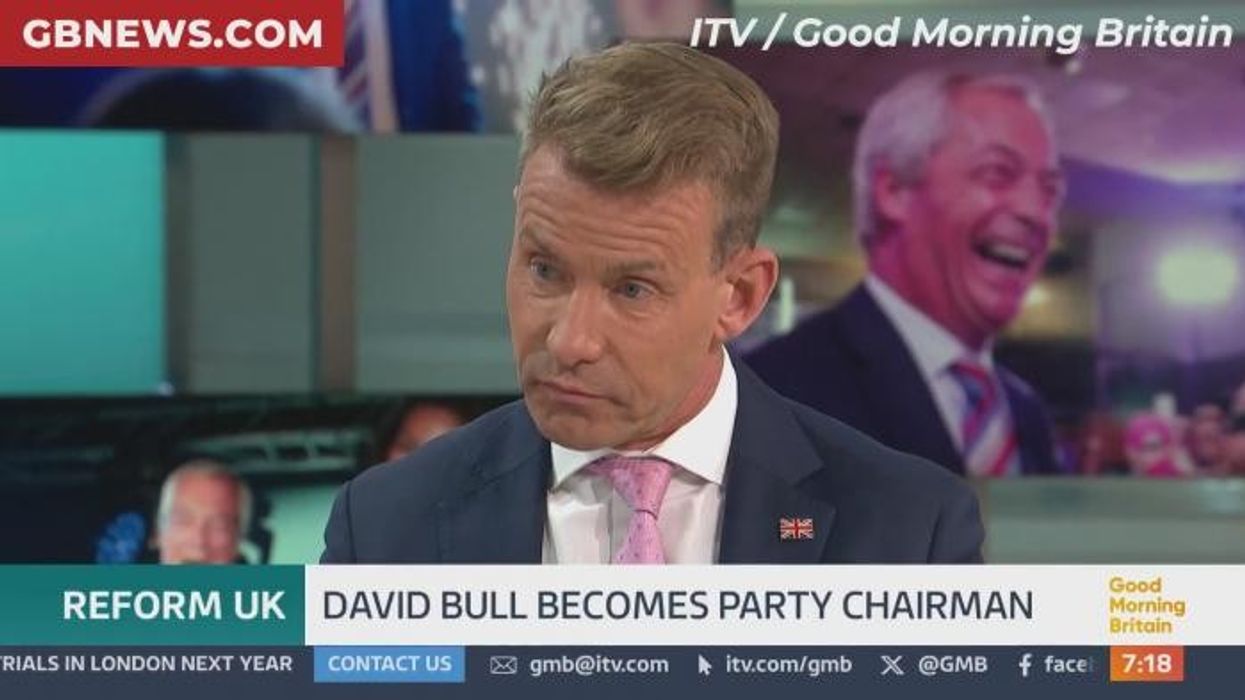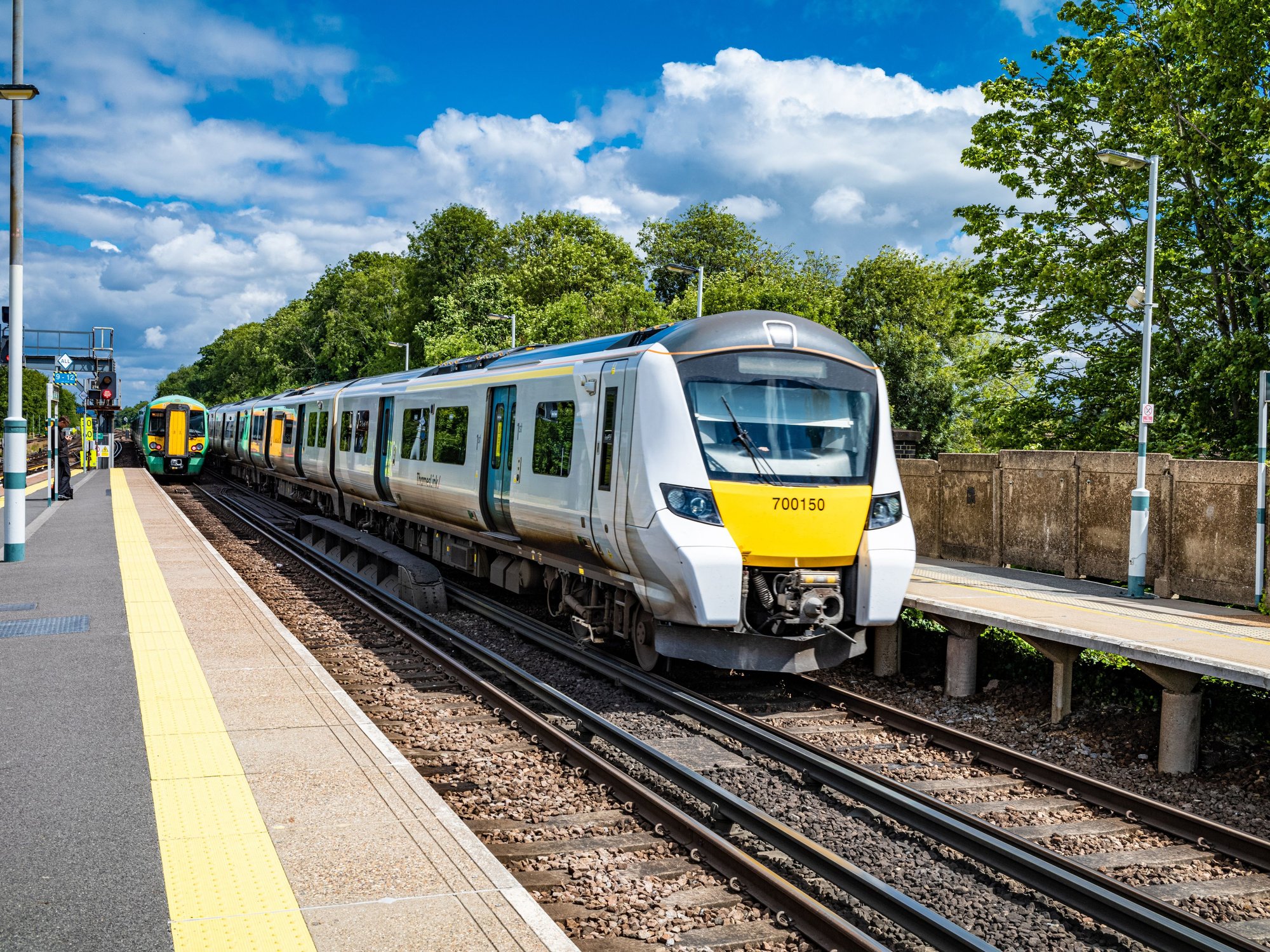Britain has never been a nation of immigrants. So why is Reform pretending that it is? — Rakib Ehsan

GB News
OPINION: The ‘Americanisation’ of British history risks alienating Reform's base
Don't Miss
Most Read
Trending on GB News
After being appointed as the new chairman of Reform UK, Dr David Bull appeared to suggest that immigration was the “lifeblood” of Britain and that it is “an island of immigrants”.
As someone born and raised in Britain and of Bangladeshi heritage, I believe that there have been many migrants who have contributed to the social, economic, and cultural life of the UK.
This includes the Ugandan Asians who were expelled by dictator Idi Amin, who used their business acumen and entrepreneurial spirit to establish themselves as a British success story.
The Chinese-origin population has made impressive socio-economic progress over time, now being a high-achieving ethnic group in education and one of the highest-paid in the UK economy. In these communities, you will find some of the hardest-working and family-oriented people in our country.
But it is wrong to say that Britain is an island of immigrants, and quite remarkable for a politician who has a leadership role in an insurgent challenger party of the British Right to come out with this.
While the United States is quite clearly a land of immigrants (Native Americans and Alaska Natives represent just one per cent of the US population), this is not the case for Britain.
 Britain has never been a nation of immigrants — so why is Reform pretending that it is? — Rakib Ehsan |
Britain has never been a nation of immigrants — so why is Reform pretending that it is? — Rakib Ehsan | Getty Images
English history is hugely important in this context. Following the withdrawal of the Roman Empire in the fifth century AD, the Germanic tribes of Angles, Saxons, Jutes and Frisians settled in southern Britain.
Alongside the somewhat ‘Romanised’ Celtic Britons, who had inhabited England since the Iron Age, these ethnic groups came to be collectively known as the Anglo-Saxons. The unification of their kingdoms under Athelstan created the sovereign state of England in 927 AD.
This period included the arrival of the Huguenots – protestants from France and Wallonia who fled to England between the 16th and 18th centuries to escape religious persecution. Highly skilled, Huguenots integrated well and played a notable role in the development of England’s military.
England, of the ‘Old World’ – where the vast majority of the British population lives – is simply not a nation of immigrants in the same way America of the ‘New World’ is. Suggesting that immigration is the lifeblood of a nation such as England risks marginalising the remarkable achievements made by those who were at the heart of its formation, development, and industrialisation.
While we can expect the idea that we are an island of immigrants from America-brained radical progressives of the contemporary British Left, it has no place in British conservative politics.
Disillusioned British voters – especially those in traditional working-class communities who are anxious over matters of immigration, integration, and national identity in England – deserve meaningful political representation.
Smaller family-run businesses, which have been the "lifeblood" of their local communities and their country over generations if not centuries, deserve more respect and recognition. The days of kowtowing to the financial interests of larger corporations addicted to cheap foreign labour must end.
Unprecedented levels of immigration over the course of the 21st century have driven forms of demographic and cultural transformation which were never backed by democratic consent.
Anxious voters who have raised their concerns over the pace of social change in their local areas and the country at large have been expected to integrate into a new ‘Multicultural Britain’ where diversity is sold as a strength. The reality is rather different.
The ‘Americanisation’ of British history and overly glowing endorsements of immigration on modern Britain are not needed. It is time to have an immigration system based on quantity and quality control, along with an active industrial strategy which boosts the skills and know-how of our domestic workforce. This is the politics of national resilience and self-sufficiency.










